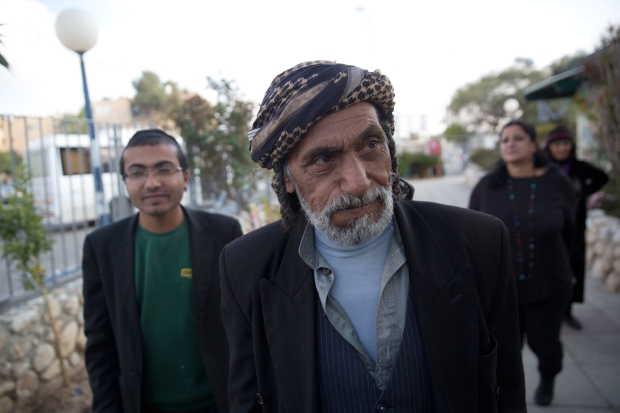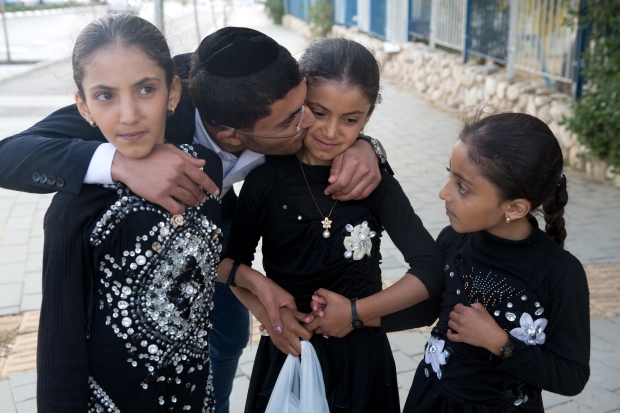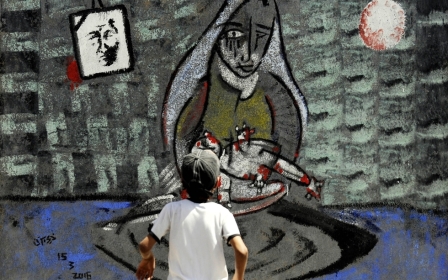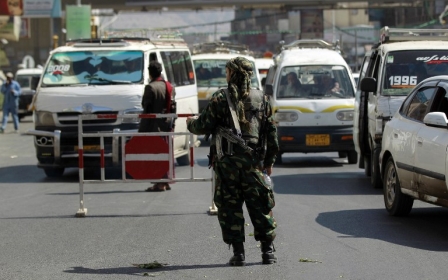Israel evacuates 19 Jews from war-torn Yemen in covert operation
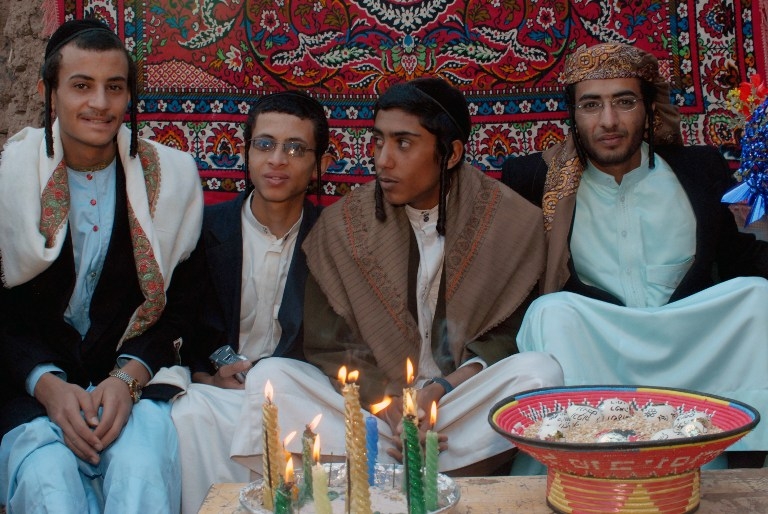
Israel has brought 19 Jews from Yemen to the country in a "complex, covert operation," officials said on Monday, noting they were among the last remaining in the war-torn country.
The Jewish Agency, responsible for Jewish immigration to Israel, said around 50 Jews are still in Yemen and have chosen to remain there. Yemeni Jews are considered one of the oldest Jewish communities in the world.
"Nineteen individuals arrived in Israel in recent days, including 14 from the town of Raydah and a family of five from Sanaa," the agency said in a statement.
"The group from Raydah included the community’s rabbi, who brought a Torah scroll believed to be between 500 and 600 years old."
Yemen has been gripped by violence since September 2014, when the Houthi militia group, who had long complained of marginalisation, stormed Sanaa and forced the internationally recognised government to flee south.
A Saudi-led coalition began bombing raids on Houthi positions across Yemen in March last year, but the insurgents still control swathes of the country including the capital.
Al-Qaeda and the Islamic State (IS) militant group have gained ground in southern Yemen since the coalition launched its air campaign.
The Jewish Agency says more than 51,000 Yemeni Jews have immigrated to Israel since the country was founded in 1948.
Nearly 50,000 were brought over in 1949 and 1950 in a secret operation known as Operation Magic Carpet.
Middle East Eye propose une couverture et une analyse indépendantes et incomparables du Moyen-Orient, de l’Afrique du Nord et d’autres régions du monde. Pour en savoir plus sur la reprise de ce contenu et les frais qui s’appliquent, veuillez remplir ce formulaire [en anglais]. Pour en savoir plus sur MEE, cliquez ici [en anglais].


